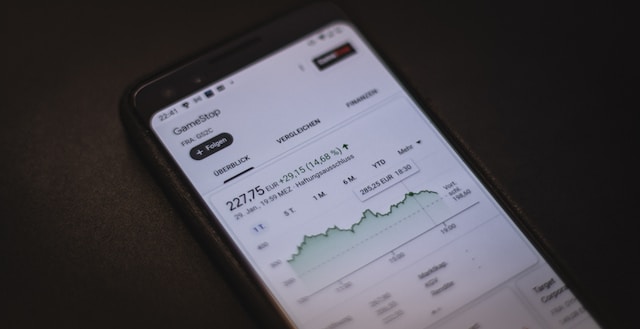According to financial data, digital gaming sales growth at the Grapevine, Texas, store is not compensating for a drop in in-store purchases.
Despite the company’s best attempts to offset the fall in physical sales with growth in digital transactions, GameStop Corp. just reported its worst quarterly revenue dip in two years. In the three months leading up to October 29th, net sales dropped 8.5% to $1.19 billion, which was lower than the $1.39 billion predicted by two analysts. Loss per share after adjustments came in at 31 cents, which was higher than the predicted loss of 29 cents. The company is only worth $7 billion, and its stock is extremely volatile, therefore very few analysts cover it.
Since becoming chairman of the board this year, Ryan Cohen has been working to reinvigorate GameStop’s growth in Grapevine, which has slowed as customers switch from purchasing game CDs to purchasing digital downloads. To make matters worse, COVID-19 lockdowns crippled GameStop’s retail operation, and supply shortages on consoles have further impacted profits.
According to market research firm NPD Group, overall spending in the gaming business fell 5% in the third quarter compared to the same period a year ago.
Earlier this week, Axios reported that GameStop has begun a new wave of layoffs, with a particular focus on the team developing the company’s blockchain wallet. GameStop also announced layoffs of an undisclosed number of employees and the departure of CFO Mike Recupero in July.
In its earnings release, GameStop said nothing about layoffs
Cohen has been trying to get GameStop involved in digital assets, but it’s been difficult. The company began transitioning into nonfungible tokens in September, when it announced a partnership with cryptocurrency exchange FTX US. The parties agreed to work together on some new e-commerce and online marketing projects and stock some stores with FTX gift cards. However, the crypto market went into a tailspin in November after FTX imploded with $9 billion in liabilities and filed for Chapter 11 bankruptcy.
CEO Matt Furlong stated on an earnings call with analysts that GameStop does not have “a meaningful balance of any cryptocurrency.” We have not and will not put significant shareholder capital at risk by entering this market.
Furlong has stated his optimism for the continued development of digital assets
GameStop became a symbol of the meme-stock mania that swept the retail trading community during the pandemic, in which the price of specific stocks was driven up by online discussion of such stocks on Reddit and other social media platforms rather than by any actual business fundamentals. The stock price, which is down 40% so far this year, rose by around 1% in after-hours trading on Wednesday in response to the news.





